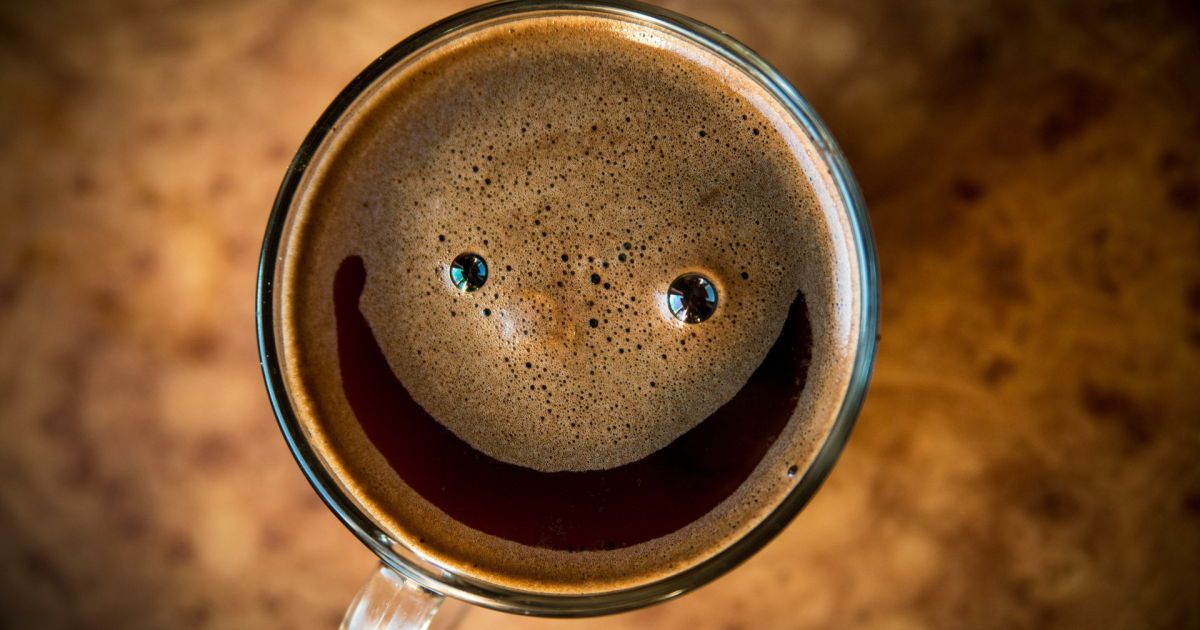Many people cannot imagine their life without coffee, so they often buy it in large quantities.
Stockpiles of coffee are also made during the war, believing that coffee has no expiration date and can be stored forever.
But not quite like that, we tell you how long coffee is stored and how to store it better.
The shelf life
of roasted coffee beans
depends on the packaging and storage capacity:
It is believed that in a closed package from the manufacturer, fried grains lose their aroma after a year - one and a half.
In fact, they do not lose their taste for 2 years;
If the factory packaging of the coffee is broken, the shelf life of the coffee will depend on how it is stored.
The shelf life of roasted coffee in a paper bag is 2 weeks.
But if the package is hermetically closed, the roasted beans will not turn into expired coffee, they may just lose their aroma.
The shelf life of coffee in a foil bag is three months.
In a ceramic or glass container, coffee can be stored for up to 6 months.
Ground coffee
will be stored:
in vacuum factory packaging, ground coffee is stored for 1.5 years;
in a sealed paper bag with a polymer coating - 9 months;
in a plastic bag - up to six months;
after opening the factory packaging, ground coffee will lose its characteristic aroma.
Instant coffee
will lose its flavor two years after its production date.
Coffee capsules
must be used within a year
Green grains
have the longest shelf life - from 5, and according to some data, even up to 9 years.
Factors affecting coffee storage
Coffee beans are sensitive to temperature changes and bright light, they do not like either heat or cold.
It should be borne in mind that they quickly absorb moisture and extraneous odors.
Grains that have been lying for a long time in a dry room at elevated temperatures lose moisture and become compacted.
If such grains are ground and brewed, the foam will be unstable.
If the coffee beans are in the air without packaging, the essential oils of the beans evaporate, due to which the coffee itself loses its taste and aroma.
Oily compounds contained in roasted beans oxidize and give coffee a rancid smell.
With high moisture content, the smell of coffee becomes musty and there is no way to fix it.
Mold forms on coffee that has been dehydrated.
General rules for storing coffee:
It is better to buy small bags of coffee beans with a zip to close the bag tightly and keep the freshness of the coffee.
It is better to store in the original packaging, use special clamps, it is not recommended to pour coffee.
Ground coffee quickly loses its taste and aroma, so it is better to grind it all at once.
You need to store the pack in a dry, dark place, as far as possible from spices.
To extend the shelf life of coffee so that it remains tasty and aromatic, you need:
Coffee, regardless of its type - ground, ground or instant, should be kept in airtight packaging.
If you store coffee in a transparent jar, do not leave it in the light.
It is not advisable to store instant coffee or coffee granules for a long time in a tin container because the coffee can acquire a metallic taste.
Roasted grains can be stored frozen.
But when placing them in the freezer, you should keep in mind that coffee absorbs odors.
Green coffee beans, as well as capsules, do not tolerate high temperatures.
Therefore, they should be stored in a dark, cool place.
If you find a pack of unroasted coffee beans that have expired, they can be roasted and used to make coffee.
Such coffee will not be harmful to health, but it will lose its taste and aroma.
To improve the taste of coffee, various spices, such as cloves or cinnamon, can be added to the beans during roasting.
Coffee that has expired cannot be used
if an uncharacteristic smell or unpleasant taste appeared;
if a fungus appeared on the grains.
Read also:
8 reasons to drink coffee every day: what diseases does the drink protect against
Which coffee is the most useful, which method of its preparation is the most harmful for health: research
